One of the sturdiest but most brittle materials used for constructing buildings is concrete. Its widespread usage is due to its strength and affordability. To increase its durability, reinforcement is essential and builders are presented with two options: rebar and wire mesh. The choice between the two varies based on the purpose of the structure and the budget available. While both have their positives and negatives, reinforcing concrete is a crucial step to protecting it against potential cracks or breakage.
Steel reinforced bar, more commonly known as concrete rebar, boasts a range of sizes and shapes. This material is applied in reinforcing the tensile power of concrete, or its potential to endure stretching or pulling forces. During the pour process, grid or pattern-shaped rebar is installed and fixed together with wire ties to build a solid supporting frame. Rebar is affordable and comparatively effortless to set up, making it an ideal selection for extensive industrial or commercial ventures. Moreover, its fortifying capacity for concrete renders it a desirable solution.
One major con of rebar is its lack of flexibility, meaning it won’t bend to fit wonky surfaces or curves. Furthermore, if left alone, rebar has the potential to corrode, thereby compromising the strength of the concrete. Additionally, it takes usaully specific tools to saw and cut rebar to a different shape or size, so amending or mending your reinforcement system post-pouring won’t be a breeze.
An alternative to the sometimes challenging task of reinforcing concrete with rebar is wire mesh. Crafted from materials such as steel, aluminum, and plastic, wire mesh is a more flexible and user-friendly choice for anything from foundation stabilization to the formation of retaining walls. Its adaptability means it can be maneuvered to conform to the shape of any structure without corroding – a requirement often bypassed in traditional reinforcing systems.
In comparison to rebar, one of the most attractive elements of wire mesh is its versatility. This material can be easily manipulated to fit any desired shape in a cost-effective manner, making it an ideal choice for more minor construction projects. Moreover, cutting it to size is a much simpler process than that of rebar.
While wire mesh provides a convenient solution for construction projects, its resilience is inferior to that of rebar; it does not possess the same amount of tensile strength, thereby making it unsuited for larger endeavors or those where a greater degree of toughness is required. On top of its lack of sturdiness, it is also more susceptible to corrosion than rebar, thus necessitating protection from moisture and other external elements.
In the end, the selection of concrete reinforcement between rebar and wire mesh largely boils down to size and cost. Rebar is reliable, robust, and reasonably priced, yet it is also fairly unyielding and requires unique equipment for installation. Wire mesh is more malleable and manageable, yet it isn’t as resilient as rebar and is more vulnerable to corrosion. Although both can be used to fortify concrete, the ideal choice will depend on the individual scenario and available budget.
When focusing on supporting concrete, people often look to concrete rebar or wire mesh for the job. These items each have their own positives and negatives, but they do not perform equally in every situation – it’s key to be aware of the advantages and drawbacks of each prior to making a decision.
Reinforcing concrete with rebar is a popular choice due to its strength and affordability. Comprised of twisted steel rods that are then formed into lattices, it is then embedded within the foundation of the structure to bolster durability. Concrete reinforced with rebar is capable of withstanding more pressure than wire mesh, making it a more cost-efficient solution for projects big and small. In addition to being budget-friendly, it is also an extremely dependable material when it comes to providing a robust foundation.
Despite its strength and durability, concrete rebar is no easy feat to install and requires specialized tools. What’s more, rusting can gradually weaken the concrete structures if not taken care of. Finally, even though it is tough and reliable, rigid concrete rebar might not be the right solution for certain projects due to its lack of flexibility in comparison to wire mesh.
Wire mesh is a metal fabric created by intertwining wires, and is typically made of galvanized steel or stainless steel. This type of fabric can be manipulated to suit any specific project, making it the perfect choice for custom designs. In addition, it can be found in a variety of shapes and sizes, giving project managers the flexibility to determine the amount of reinforcement needed. Overall, wire mesh offers an unparalleled level of adaptability and convenience.
Unfortunately, wire mesh does not boast the same strength and durability as concrete rebar. Furthermore, it carries a heftier price tag and poses challenges during the installation process. What’s more, the material is also susceptible to corrosion, meaning that it will need to be swapped out more frequently compared to its more reliable alternative.
Weighing up the pros and cons, concrete rebar or wire mesh may both be viable options; depending on the intended use of your project. Rebar can withstand more vigorous construction demands, while wire mesh offers greater flexibility. The deciding factor is typically budget, so you should carefully consider what it is that you require and decide accordingly.
Related Product
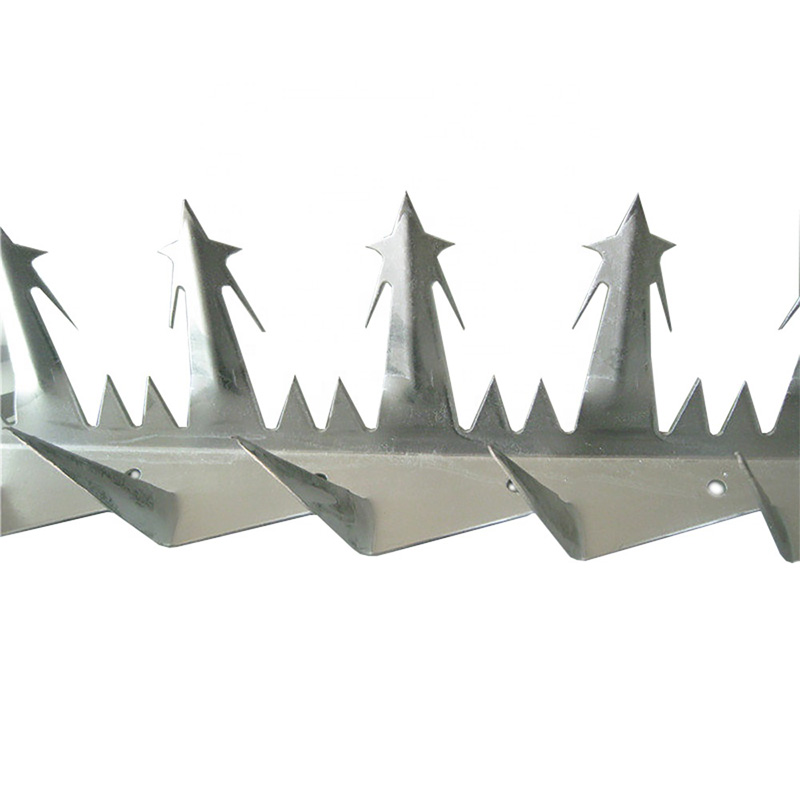
Anti Climb Wall Spikes
Product information: Big Sized Wall Spike Specification Type Big Sized Wall Spike A Big Sized Wall Spike B Model Number Anti-Climb wall Spikes Material HOT DIPPED GALVANIZED STAINL […]
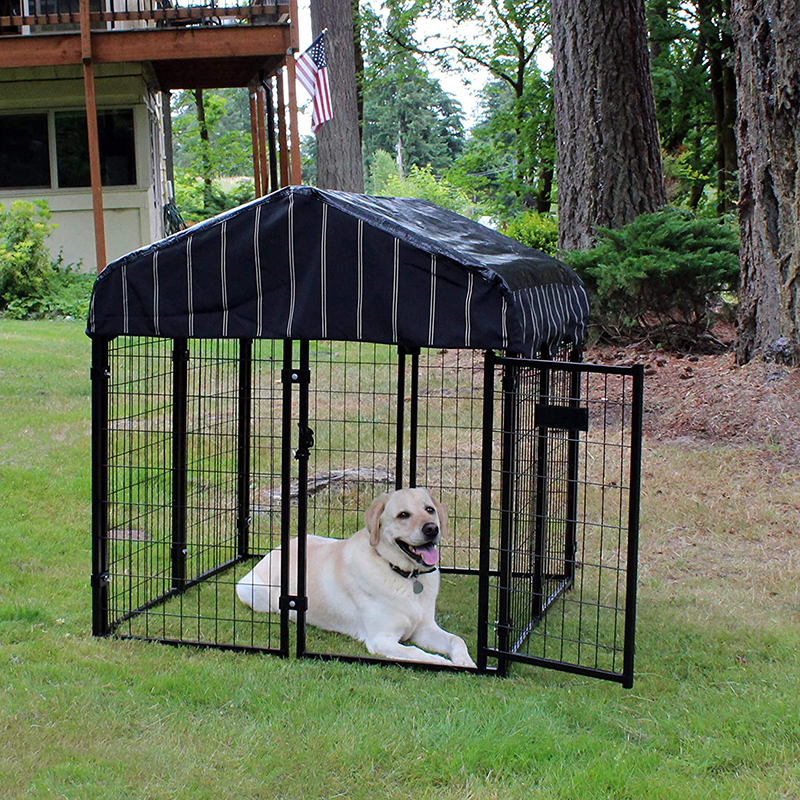
Dog Cage
Factory wholesale large metal multi functional dog cage kennel outdoor About the dog cage: * SAFE FOR DOGS – Our welded wire kennel offers safe protection for dogs of all siz […]
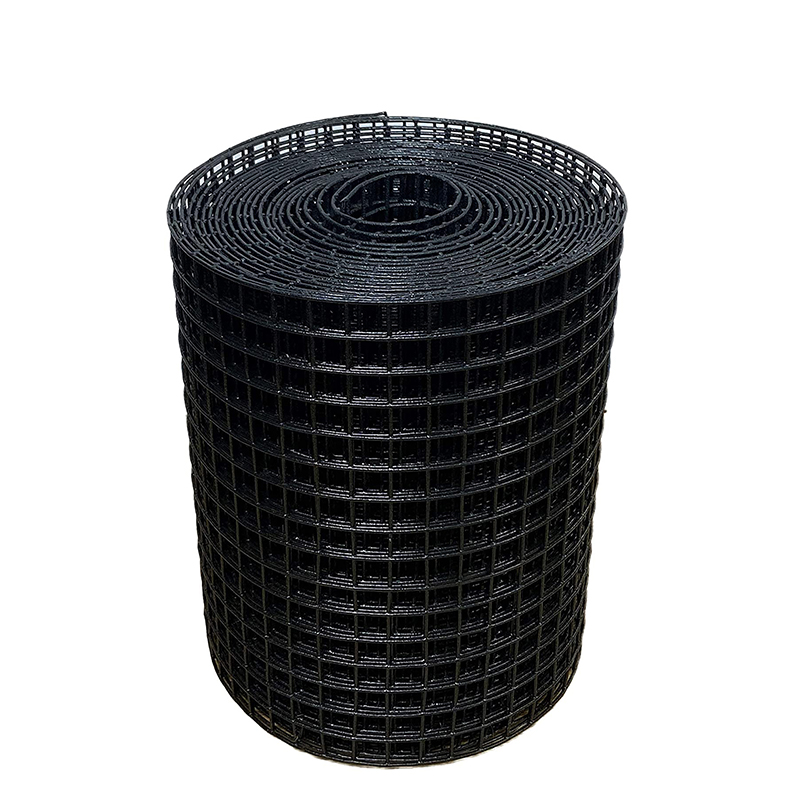
Pvc Coated Wire Mesh
Product information: PVC coated welded mesh Mesh size Wire diameter (in mm) Width&Length In inch In mm Before coating After coating Width:0.5m-2.0m Length:25m,30m […]
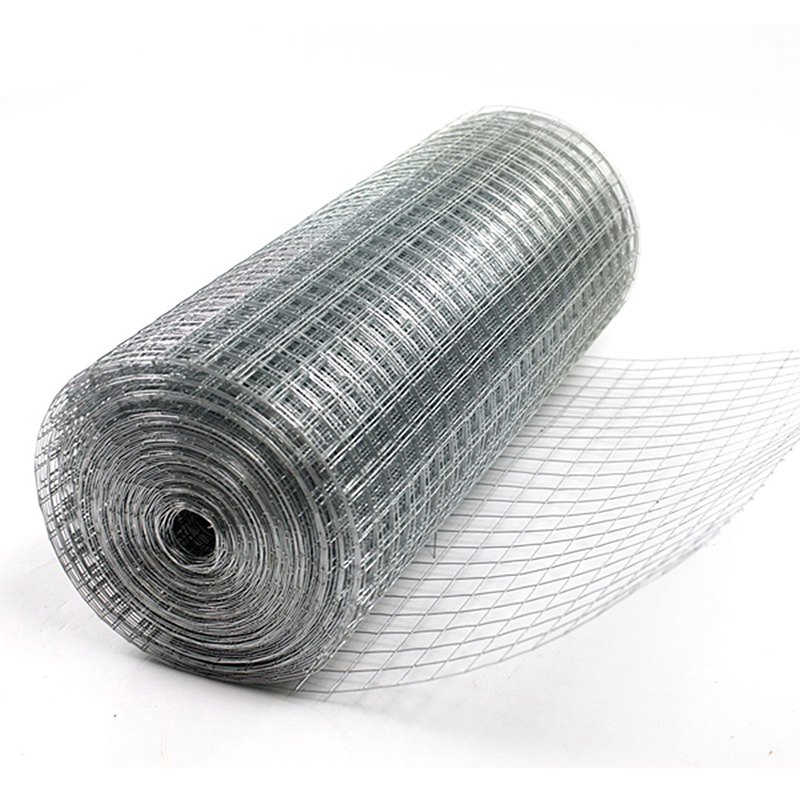
Hardware Cloth
Product information: Welded wire mesh is welded form superior low carbon steel wire and then galvanized or pvc coated or stainless steel wire and then welded. It features smooth su […]
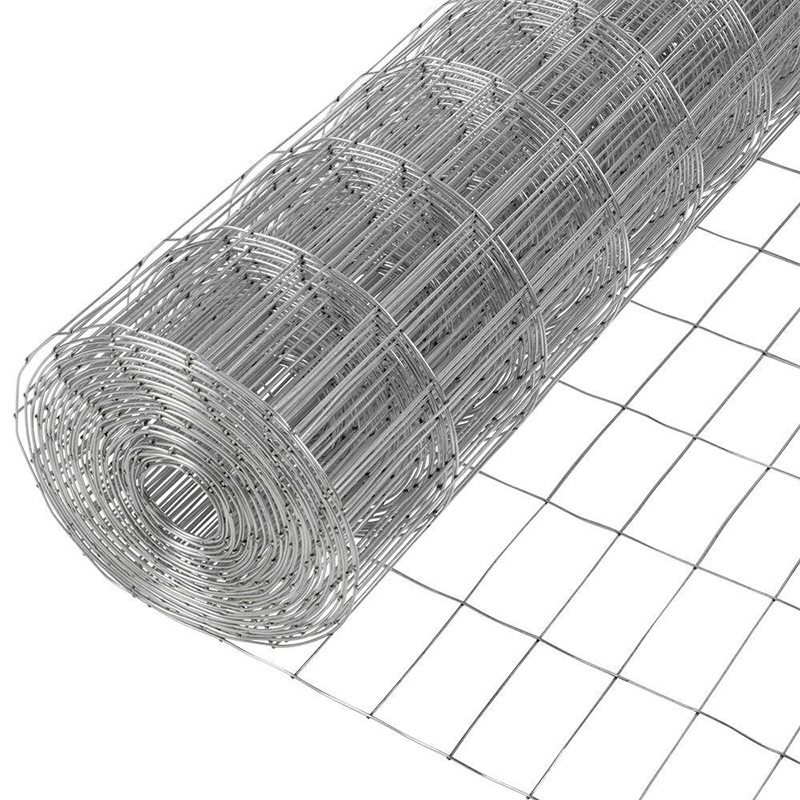
Welded Wire Mesh
Welded wire mesh is one popular materials in concrete, construction and industry. It is made of low carbon steel wire, stainless steel wire after welding and surface treating. Weld […]
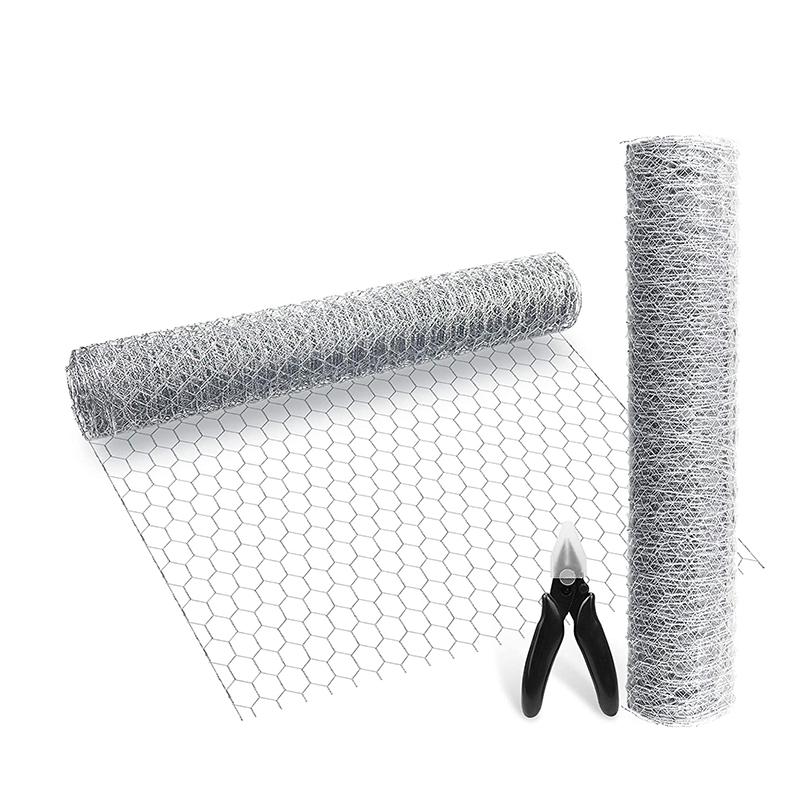
Hexagonal Wire Mesh
Product information: PVC Coated Hexagonal Wire Netting Mesh Wire Gauge (MM) Width Inch MM – – 1/2″ 13mm 0.6mm – 1.0mm 2′ – 2M 3/4″ 19mm 0. […]
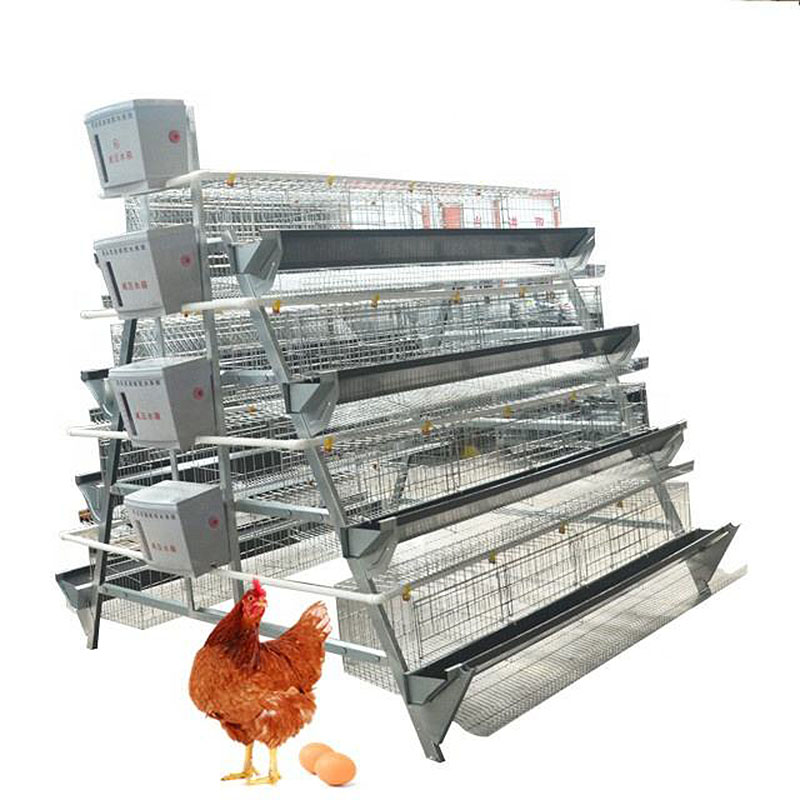
Chicken Cage
Product information: A type 3 tiers for 96-120 chickens Type A type, 3 tiers A type, 3 tiers A type, 3 tiers A type, 3 tiers Size per unit 1.88m*1.8m*1.6m 2.0m*1.8m*1.62m 2.2m*2.4m […]
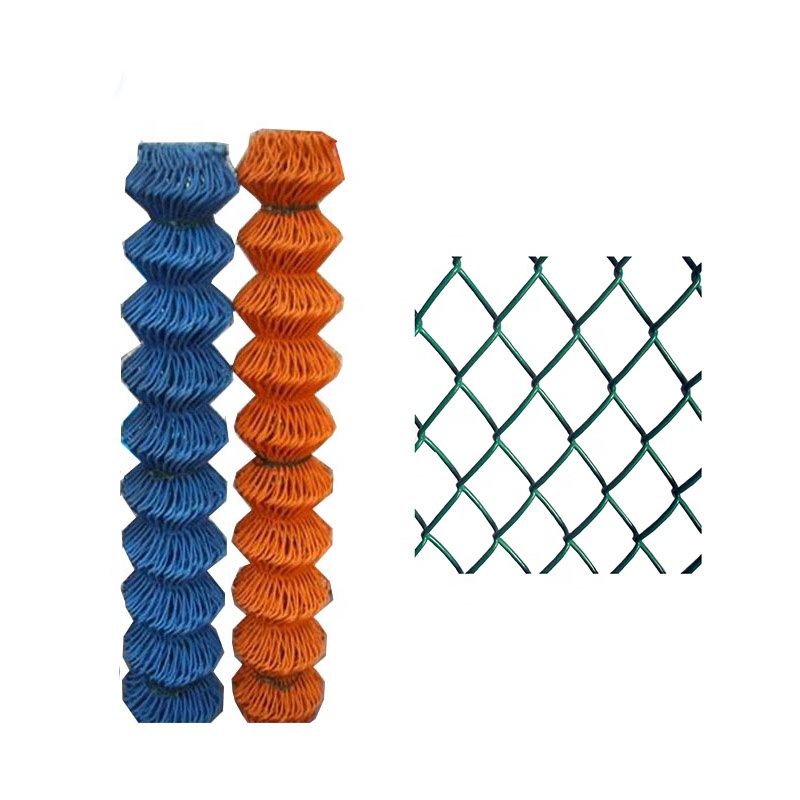
Chain Link Fence
Product information: Specification: Galvanized chain link fence Mesh Wire gauge Width Length 1″ BWG11,12,13,14 0.5-4m 0.5-25m 1-1/2″ BWG8,9,10,11,12,13 0.5-4m 0.5-25m 2 […]
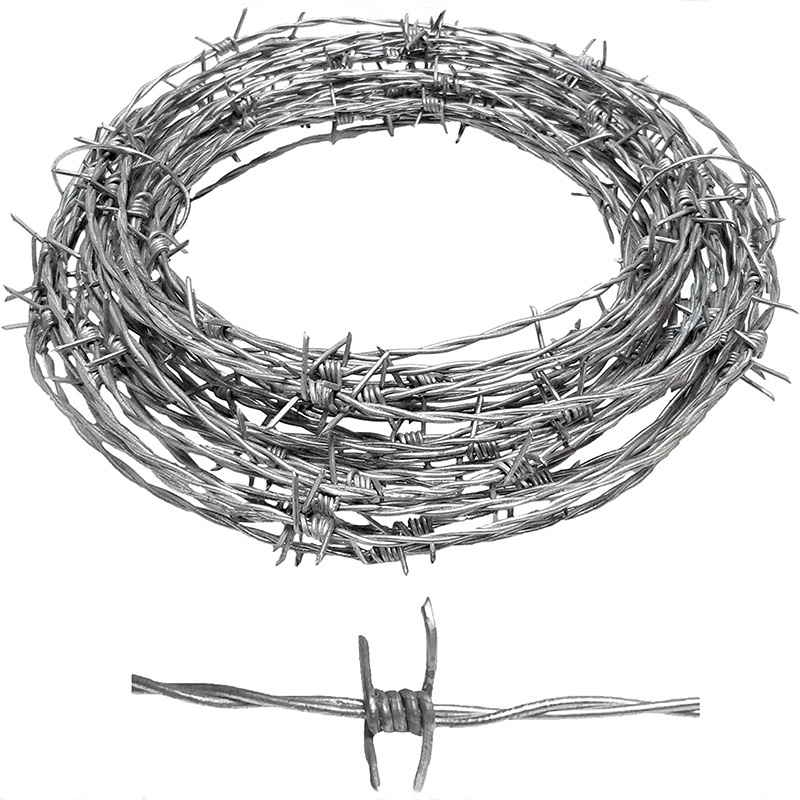
Barbed Wire
Product Information: Barbed Wire Material High quality low carbon steel wire, iron wire, etc. Category 1.Hot dipped galvanized 2.Electric galvanized 3.PVC coated Weving and Charact […]
Post time:2023-08-05

